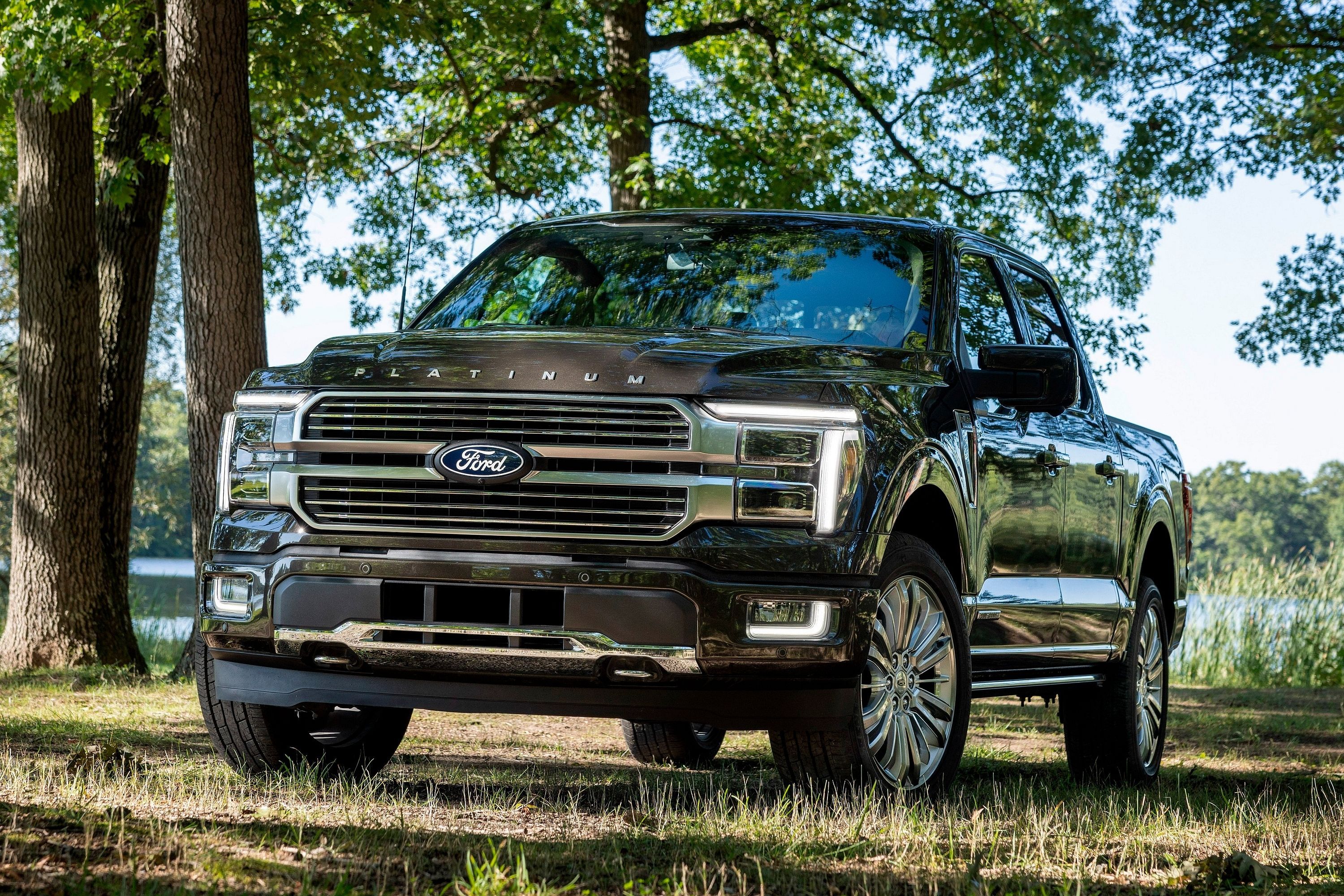
If there's anything the semiconductor chip shortage crisis has taught automakers it's be this: it can never happen again. The chip shortage has caused immense damage, hindering the production of cars, trucks, and SUVs. The latter two segments are particularly vital to the bottom line of Detroit's carmakers.
The Ford F-150, Chevrolet Silverado, and Ram 1500 all suffered idled production lines over the past year or so. Dealership supplies remain low throughout the country. And this has all happened because automakers failed to secure sufficient supplies of a thumbnail-sized chip that's necessary for many vehicle systems, like Bluetooth and start/stop. Can this be avoided in the future and, if so, how?
The Detroit Free Press reports that GM CEO Mary Barra is currently laying the groundwork for a long-term plan aimed at solving the current chip crisis and preventing it from ever happening again. The automaker is looking to create strategic partnerships, joint ventures, and long-term agreements directly with semiconductor chip makers. Essentially, a complete re-think of the chip supply line.
"We're reevaluating, and having direct relationships, with tier two, three, and four suppliers to make sure we're going to have a secure supply," Barra said. The lack of chips could cost GM nearly $2 billion in lost earnings this year alone. Suffering from one bad year is survivable. Multiple bad years is not. It turns out GM doesn't buy many chips directly from chipmakers, but rather through third-party suppliers.
This needs to change, especially since future GM vehicles, mainly EVs, will require 30 percent more chips than existing models. Sourcing chips directly from their producers is the only logical solution. Unfortunately, the chip situation remains ongoing. Automaker executives and analysts alike concur it'll continue through next year and, possibly, even into 2023. Until supplies ramp up again, GM and others need to find midterm solutions, not just short-term ones.
Barra hinted discussions are now underway between GM and LG Chem regarding another core vehicle component, batteries. The two already have a joint venture called Ultium, of which a battery system with the same name will be necessary for the 30 new EVs GM intends to launch by 2025.
The chip shortage has rattled the automotive supply chain like nothing else before. Carmakers must not only resolve this but also secure new supplier agreements for additional components to ensure history doesn't repeat itself.
